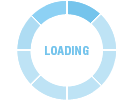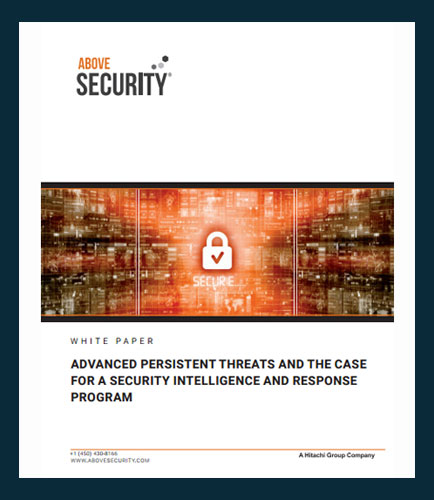
PROCESSING. PLEASE WAIT...


White Paper: Above Security
Do you have valuable data on your network? Noticing odd network behavior? You could be the victim of an Advanced Persistent Threat (APT) attack.
It’s vital that every IT organization has an Advanced Persistent Threat protection plan at the ready. Through integration of leading edge cyber security assessment tools with advanced heuristics and algorithms, organizations can evaluate and prioritize mitigations.
This informative whitepaper is a guide to defending against advanced persistent threats and provides answers to the following key questions:
What types of organizations are most prone to be a target of APTs? Is it possible to successfully defend your enterprise against APTs?
What can be done to monitor and combat the risk of Advanced Persistent Threats?
How is security intelligence lifecycle necessary to realize the benefit of security improvement?
Why are sensitive information threats of management information system increasing exponentially?
How to provide risk-driven decision-making and automated defense of critical assets?

By: Covenant Security Solutions, Inc
Information Sharing with SOPHIA has become an important aspect for organizations to improve the protection of their systems, process, or people based on the regional threat. By integrating SOPHIA's information sharing processes, it becomes easy for firms to share information on related risk profiles using modular functions. If you want to improve the protection of systems and processes within your organization then download this whitepaper which covers the listed points: Benefits of integrating SOPHIA's information sharing processes The goal of using the SOPHIA framework Services offered by SOPHIA for information sharing Improving the overall physical and cyber security information sharing Accentuate the need for collaborative information sharing This white paper refers to the day to day users of SOPHIA’s services and victims that suffer from any part of the cascading effects of a physical or cyber-security attack on a sector.
By: QS Solutions
Multi-Factor Authentication (MFA), is a very secure method for providing access to systems and data because it requires a second authentication factor. A large number of organizations use Multi-Factor Authentication to provide extra security for company critical data. Azure MFA can help to protect access to data and applications and meets user requirements for a simple login procedure without the necessity for additional hardware tokens. This white paper provides an insight into Multi-factor Authentication which covers: Why do we need multi-factor authentication? How does Azure MFA work? How to enhance security with multi-factor authentication? How does it provide uniform functionality to its end users? How can you successfully implement Azure Multi Factor Authentication?


 2025 All Rights Reserved | by: www.ciowhitepapersreview.com
2025 All Rights Reserved | by: www.ciowhitepapersreview.com